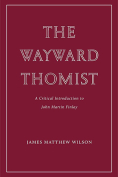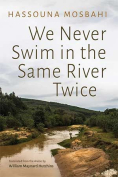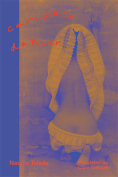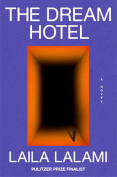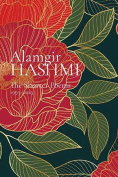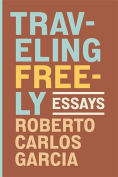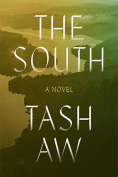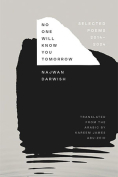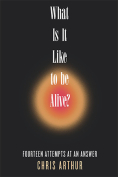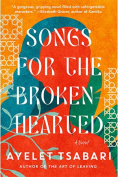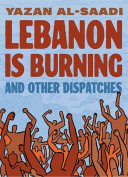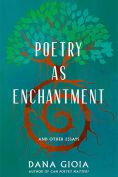Songs for the Brokenhearted by Ayelet Tsabari

New York. Random House. 2024. 352 pages.
Crafting three narrative voices and rendering each specific and compelling is just one of the literary feats that Ayelet Tsabari (b. 1973), an award-winning memoirist and short-story writer, accomplishes in this, her first, novel. The first narrative is centered on 1950 in a Yemeni immigrant camp in Israel and the other two in 1995 in Tel Aviv and New York. The dates are historically important because in 1950 almost fifty thousand Jews, almost the entire population of Jews in Yemen, immigrated to Israel, and in 1995 Israel’s prime minister, Yitzhak Rabin, was assassinated.
That quick description may lead a reader to believe that this is a political novel, but the novel is political only in the sense that all our lives are touched by the politics of our nations and environments, although perhaps more so in Israel, especially for Yemenis in that country. What Tsabari creates is an exquisite novel about family secrets, loss, love, and betrayal, not necessarily in that order.
Yaqub’s third-person narrative is set in Rosh HaAyin, where he is waiting to begin his new life in Israel. Yoni’s third-person narrative is set in Tel Aviv, while Zohara’s first-person, headstrong, feminist narrative moves between New York and Tel Aviv. These three narratives are intertwined, but their complexities don’t come to the fore until later in the novel.
The novel opens with a forbidden love story between Yaqub and Saida, two Yemeni Jewish refugees, whose scenes together read like a romantic myth. The beautiful girl sings by the water and lures the handsome young man with a transcendent song. But they are ill-fated, of course. Saida, a traditional Yemeni woman, is married with a child and not available for romance, no matter how drawn she is to Yaqub.
Forty-five years later, Saida’s youngest daughter, Zohara, is called back to Israel from her PhD program in New York when her mother dies. This marks the unfolding of the story in 1995. Zohara must deal with her older sister, Lizzie, and Lizzie’s adolescent son, Yoni, who is trying to figure out who he is after the death of his beloved grandmother.
The Yemeni Mizrahi Jews, darker in color than their Ashkenazi brethren, have long been outsiders in Israeli society. Tsabari, herself a Yemeni Jew who has lived in Israel and Canada, provides an insider’s view of the difficulties. Along with Zohara, the reader discovers the beauty and poetry of the Yemeni song tradition. As Zohara discovers the unimagined musical creativity of her illiterate mother, she also realizes that her missing brother Rafael, whom she never knew, may have set the course of her entire life.
Historical incidents play an important role in the novel, and the Yemenite Children Affair, the surprising and now-verified separation and abduction of Yemeni children from their parents, is an undercurrent running throughout. But this novel never preaches, nor is it a documentary. It unfolds, rather, through the eyes of the characters as they discover their family histories and secrets and come to understand how those have shaped them. At every turn in this novel, Tsabari is in control and delivers an enthralling, beautifully written, and historically complex tale.
Rita D. Jacobs
New York City
